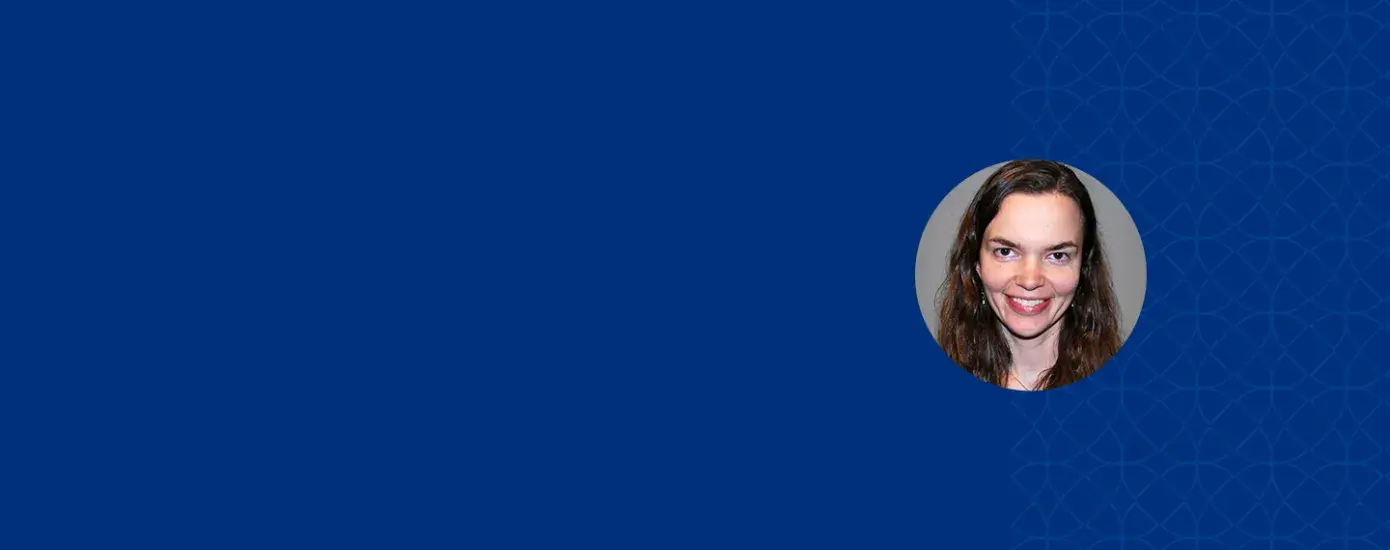
PhD '19 Alumni
What year did you start the program? 2012
What are your prior degrees and with which institutions?
BA, Biological Sciences, Smith College, Northampton, MA, 1999
MS, Speech-Language Pathology, MGH Institute of Health Professions, 2003
What was your research setting?
Mentor: Howard C. Shane, PhD, CCC-SLP, Director
Setting: Center for Communication Enhancement, the Autism Language Program,
Boston Children’s Hospital
On what was your research focused?
My research focuses on the efficacy of visual augmentative and alternative communication (AAC) interventions in autism spectrum disorders (ASD). Specifically, I am interested in the use of mobile technology platforms for improving language comprehension in children with moderate to severe ASD, and in training caregivers to implement these systems.
What was your dissertation topic?
“The Effect of Cue Type on Speed, Accuracy, and Independence of Direction-Following in Children with Moderate-Severe Autism Spectrum Disorder.”
